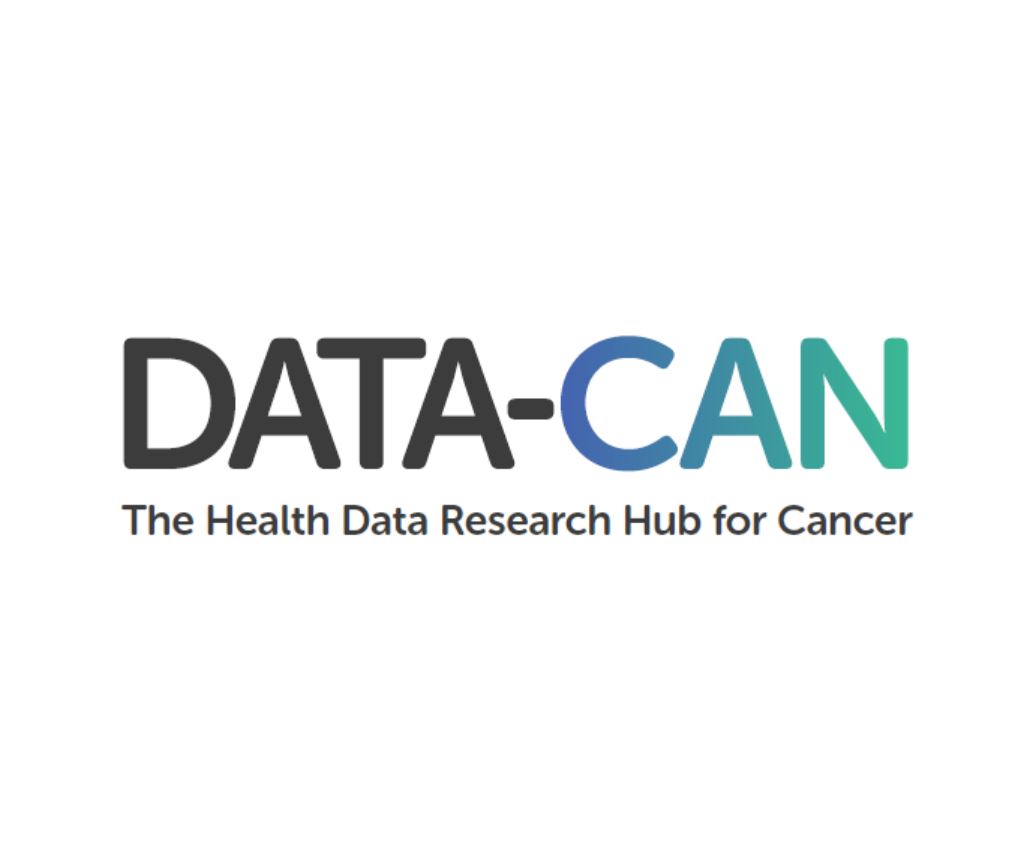
Delineating the adverse impacts of the COVID-19 pandemic on patients with cancer and cancer services
13 May 2020 | Author: Professor Mark Lawler, HDR UK Associate Director

HDR UK researchers analysed recent weekly data from major cancer centres in the UK and found a 76% average decrease in urgent referrals from GPs for people with suspected cancers and a 60% average decrease in chemotherapy appointments for cancer patients compared to pre-COVID-19 levels. The study estimates that as a result of the COVID-19 emergency, there could be at least 6,270 additional deaths in newly diagnosed cancer patients alone. This number could rise to nearly 18,000 additional deaths in a year if all people currently living with cancer are considered. In nearly 80% of these cases, patients with cancer had at least one additional underlying health condition, emphasising the additional effect of these comorbid health conditions on estimated loss of life in patients with cancer. The publication this case study is based on is available below:
The challenge
The challenge that the research project addressed was two-fold – (A) to measure using available health data the adverse effect of the COVID-19 emergency on early cancer diagnosis and cancer treatment delivery and (B) to determine the impact of the COVID-19 pandemic on excess mortality in patients with cancer.
The solution
(A) Two parameters were chosen, both employing available health data to elucidate the effect of the COVID-19 emergency on cancer diagnosis and cancer treatment (i) Changes in early cancer referral rate (as an indicator of an adverse effect on cancers “early warning” system); (ii) changes in chemotherapy attendances (as a proxy measure of the adverse effect on cancer treatment).
(B) Using electronic health record data from a 3.8million cohort of primary care patients, different scenarios of the COVID-19 pandemic were modelled, in order to determine the pandemic’s effects on excess mortality in patients with cancer.
Impact and outcomes
The research aims to comprehensively and accurately determine the primary impact of the COVID-19 emergency on patients with cancer, on the National Health Service across the UK, and the secondary impact on UK life sciences, the UK economy and more generally on society.
Results to date highlight a 76% average drop in early cancer referrals and a 60% drop in chemotherapy attendances, emphasising the profound adverse impact that the COVID-19 pandemic has had both on our cancer health service and on the confidence of citizens and patients in accessing these services.
Our modelling approach, employing a number of different scenarios in an extremely valuable 3.8M patient data resource, indicates that up to 18,000 excess deaths may occur in patients with cancer. Furthermore, nearly 80% of these patients have at least one underlying additional health conditions (with cardiovascular disease, hypertension, obesity and diabetes being the most common additional health conditions) emphasising the role of comorbidities in influencing excess deaths in patients with cancer during and after the COVID-19 pandemic.
Call to action
This research has significant implications for citizens and patients, for researchers, for national health systems and for governments.
For citizens and patients, it emphasises the absolute need to access health services immediately, either if you feel you have symptoms of an underlying cancer, or to undergo cancer treatment.
For researchers it emphasises the power of access to real time or near real time data and the need to work together across the UK to precisely delineate the impact of the COVID-19 pandemic on patients with cancer and cancer services and to develop sustainable solutions.
For national health systems, it emphasises the primacy of accurate health data and the need for these data to be accessible in a timely fashion to underpin improved service delivery and enhanced clinical research.
For governments, it underlines the need for our cancer services to rapidly return to pre COVID-19 levels of delivery and to ensure that citizens and patients can access these services with confidence and in a timely fashion.
Perspectives
Senior author Professor Harry Hemingway, (Director, UCL Institute of Health Informatics), added: “The overall impact of the COVID-19 emergency on deaths in cancer patients could be substantial. There are many factors operating here including rapid changes to diagnosis and treatment protocols, social distancing measures, changes in people’s behaviour in seeking medical attention and the economic impact of COVID-19, as well as deaths due to COVID-19 infection.”
Professor Mark Lawler (Queen’s University Belfast and Scientific Lead DATA-CAN) said: “We applied our model to new cancers in the UK and the US, using publicly available data. The results are concerning. We believe countries need to rapidly understand how the emergency is affecting cancer outcomes, otherwise we risk adding cancer and other underlying health conditions to the escalating death toll of the COVID-19 pandemic. Our analysis of these data shows unequivocally that both urgent referral rates (our early warning system or “red flag” for catching cancer at its earliest stage) and patient attendances for chemotherapy delivery (an appropriate proxy measure of a cancer service’s activity) have dropped significantly.”
Lead author, Dr Alvina Lai (UCL Institute of Health Informatics) said: “Our findings demonstrate the serious potential for unintended consequences of the response to the COVID-19 pandemic, which may negatively impact on patients with cancer and other underlying health conditions. It is vital that these patients are recognised as being vulnerable and that their care is managed appropriately”.
Dr Charlie Davie (DATA-CAN Hub Director), said: “Our study highlights the value of bringing together data from multiple sources to enable researchers, health systems and policy makers to improve cancer management for our patients, both during and after this pandemic.”
Pete Wheatstone, a patient and a member of the Public and Patient Involvement and Engagement group of DATA-CAN added: “This research demonstrates the value to cancer patients, the wider public and decision-makers when trusted professionals use our patient data to help decide the best course of action. It also highlights the urgent need to be able to analyse these data quickly and accurately to inform and influence current events”.
Partners
This project emphasises how a partnership between DATA-CAN, the UK’s Health Data Research Hub for Cancer and HDR UK Substantive sites (HDR UK London and HDR UK Wales and Northern Ireland) can deliver significant, added-value impact using health data and health data expertise. Health service partners include University College London Partners (UCLP), Royal Free Hospital Trust, Leeds Teaching Hospital Trust and all 5 Health and Social Care (HSC) Trusts in Northern Ireland (Belfast HSC, Northern HSC, South Eastern HSC, Southern HSC and Western HSC).






